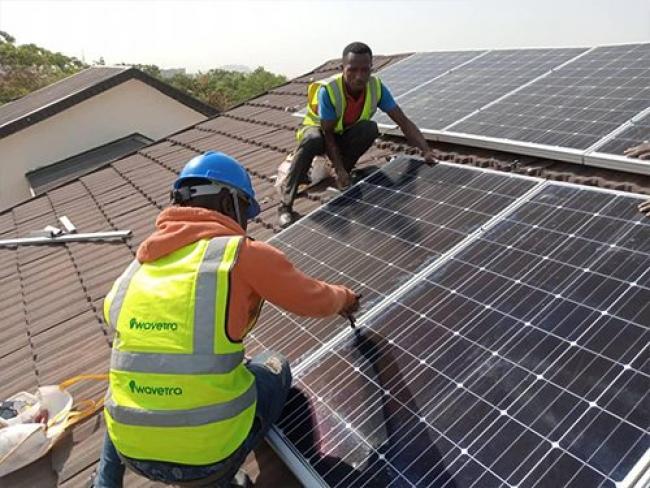JANUARY 4, 2021
A Minnesota regional planning agency is turning to the power of the sun to help improve a desperately tight housing market for low-income renters in the Twin Cities.
Via its newly-minted Solar for Vouchers pilot program, the Metropolitan Council of Minneapolis–Saint Paul is recruiting suburban rental property owners who want help to install solar, and are willing to dedicate apartments to low-income renters in exchange, reports Energy News Network.
In return for increasing the number of units eligible for Section 8 vouchers. a lottery system that allows qualified voucher holders to have their rent capped at about 30% of their adjusted income, landlords “will gain access to group purchasing and a streamlined permitting process estimated to shave five to 15% from the cost of a solar installation.” Clean Energy Resource Teams will also help negotiate contracts, arrange for pre-qualified installers, navigate financing, “and ensure the viability of solar on rooftops.”
Affordable housing is urgently needed in the Twin Cities, despite “enormous” growth in multifamily housing in the region, notes ENN. Only about half of Section 8 participants could find an apartment to rent in 2019, and that was after waiting “on average 22 months just to get a voucher.”
While the Solar- for Vouchers Program is generating interest—recent online workshops drew more than 100 attendees—obstacles remain, including inbuilt restrictions that limit participation from a large swath of property owners. No building involved can exceed five stories, for example, and small walk-ups are also excluded, as properties must include “no fewer than five apartments.”
With the solar panels going a long way to subsidize lighting and other overhead expenses, the goal of the program is to “reduce the landlords’ operating costs while stabilizing tenant costs over time,” said project co-developer Cameran Bailey, a planner and solar advisor for the Met Council. “When operating costs are lower, more Section 8 voucher holders can get placed and more low-income people can afford to rent over a longer period—five years or more.”
Some property owners may still choose to go solar on their own, without creating new affordable housing, especially as solar companies offer their own perks and financing packages in a bid to attract clients. But for the Met Council, said Bailey, the program is linked to a broader mission: to prove that government can be an efficient force for good.
[Top photo: Peteonline22/Wikimedia Commons]

